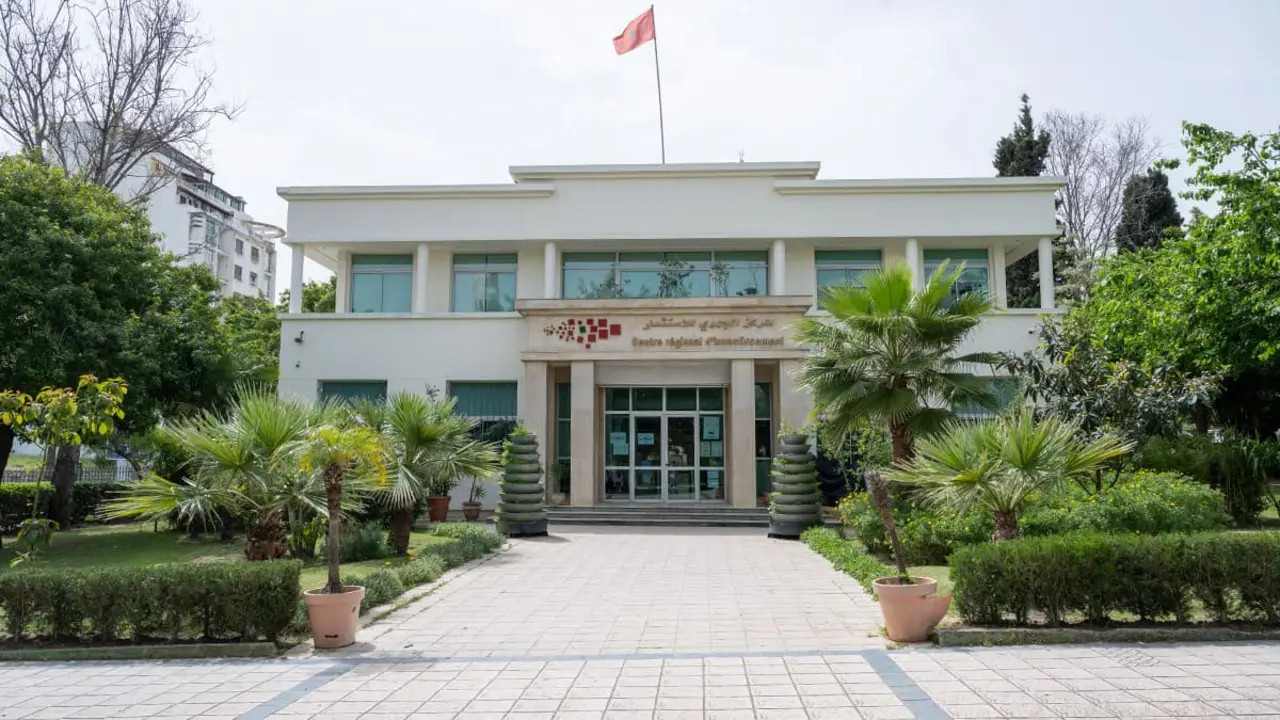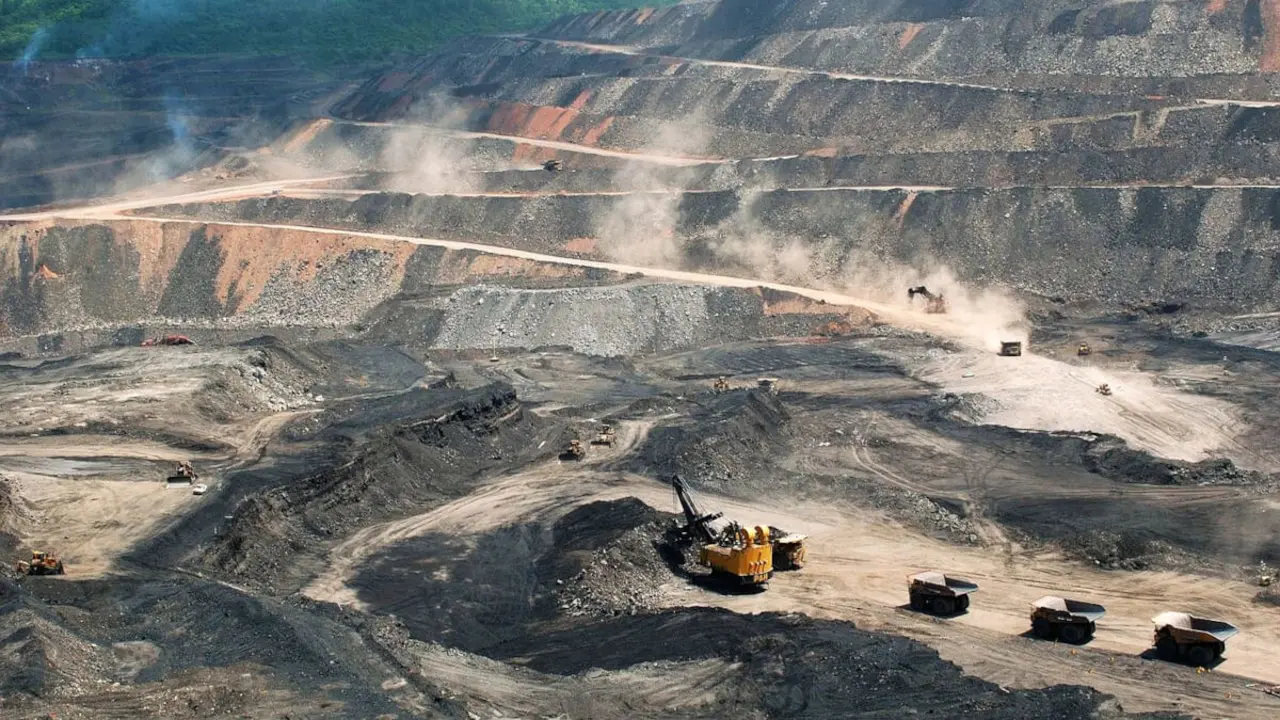OECD oil stocks fall to lowest level since 2004

Crude oil stocks in Organisation for Economic Cooperation and Development (OECD) countries are at their lowest level since 2004, the International Energy Agency (IEA) has warned ahead of the coming winter.
According to the agency, OECD crude inventories have fallen below the 4 billion barrel threshold for the first time since 2004, following an 8 million barrel reduction in industrial stocks and a 37.4 million barrel reduction in government stocks.
Thus, the IEA states in its latest monthly bulletin that markets remain "finely balanced" heading into the winter months and warns that EU embargoes on imports of crude oil and petroleum products from Russia and the ban on maritime services will add further pressure, especially on diesel, an "already exceptionally tight" market.
In particular, it notes that diesel prices and their differential to crude oil prices reached record levels in October and are now 70 and 425% higher, respectively, than last year's levels, while Brent benchmark prices increased by only 11% over the same period.

In addition, distillate inventories are at multi-decade lows following strikes at French refineries in October and rising prices driven by the prospect of upcoming embargoes. Moreover, diesel premiums in the United States have also soared ahead of next winter's heating season.
In this regard, it recalls that diesel markets were already in deficit before the Russian invasion of Ukraine due to the loss of distillation capacity since the beginning of the COVID-19 pandemic, and the sharp increase in demand for diesel and gasoil following the lifting of virus restrictions as a result of the economic recovery.
"High diesel prices are fuelling inflation," warns the IEA, which anticipates a 240,000 barrels per day contraction in global oil demand in the fourth quarter, resulting for 2022 as a whole in annual growth of 2.1 million barrels per day (mb/d), moderating in 2023 to 1.6 mb/d.
On the other hand, it adds that the proposed oil price cap may help ease tensions, although "a large number of uncertainties and logistical challenges remain".

Despite the expected growth, the global diesel/gasoil market is expected to slow to 400,000 b/d in 2022 from 1.5 mb/d in 2021 before registering a small decline in 2023 under the weight of persistently high prices and a slowing economy.
It also notes that competition for non-Russian diesel "will be fierce", with EU countries having to bid for cargoes from the US, Middle East and India away from their traditional markets.
Thus, while the expected increase in refining capacity will eventually help ease diesel tensions, if prices rise too high "further demand destruction may be inevitable for market imbalances to be eliminated".








